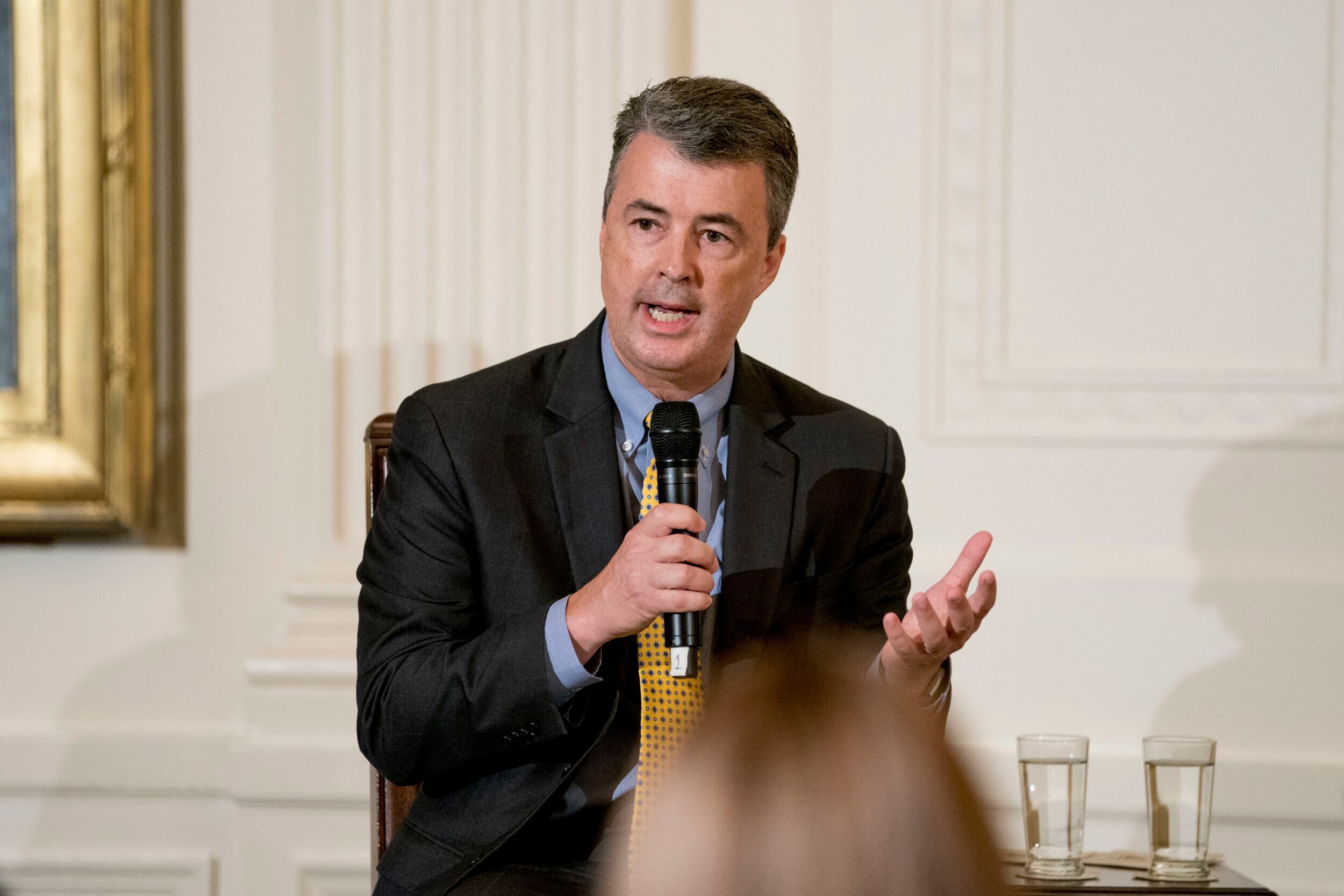Alabama Attorney General Steve Marshall expressed approval of the U.S. Supreme Court (SCOTUS) decision in favor of a web designer who sought an exemption for refusing to design sites for same-sex weddings.
On Friday, SCOTUS ruled in favor of Colorado-based web designer Lorie Smith who sought to exempt her business in federal court from the state's anti-discrimination laws.
Marshall joined a 20-state amicus brief in support of Smith's claim in June 2022.
"The Constitution and our First Amendment prevail," Marshall said. "All Americans enjoy the right to freedom of conscience, and that freedom means the government cannot coerce anyone to speak against their deeply held beliefs. Today's decision confirms that state and local government are not 'immune to the demands of the Constitution.'"
A lower federal court denied Smith's petition for an exception, sending it to the nation's highest court.
In a 6-3 decision, SCOTUS granted Smith's claim that requiring her to create a website for something that goes against her Christian beliefs would be tantamount to compelled speech.
"The opportunity to think for ourselves and to express those thoughts freely is among our most cherished liberties and part of what keeps our Republic strong," Gorsuch wrote in the majority opinion, joined by Chief Justice John Roberts and Justices Clarence Thomas, Samuel Alito, Brett Kavanaugh and Amy Coney Barrett.
He continued, "The First Amendment envisions the United States as a rich and complex place where all persons are free to think and speak as they wish, not as the government demands."
Justice Sonia Sotomayor wrote the dissent, joined by Justices Elena Kagan and Ketanji Brown Jackson. "Today the Court, for the first time in its history, grants a business open to the public a constitutional right to refuse to serve members of a protected class," Sotomayor wrote. "Today is a sad day in American constitutional law and in the lives of LGBT people."
LGBTQ+ individuals are a protected class under Title VII of the Civil Rights Act of 1964.
The decision does not outright grant the right of businesses to deny services to protected classes. Instead, the majority opinion wrote that Smith's business was unique in that "Ms. Smith does not seek to sell an ordinary commercial good but intends to create 'customized and tailored' speech for each couple."
To connect with the author of this story or to comment, email craig.monger@1819news.com.
Don't miss out! Subscribe to our newsletter and get our top stories every weekday morning.










